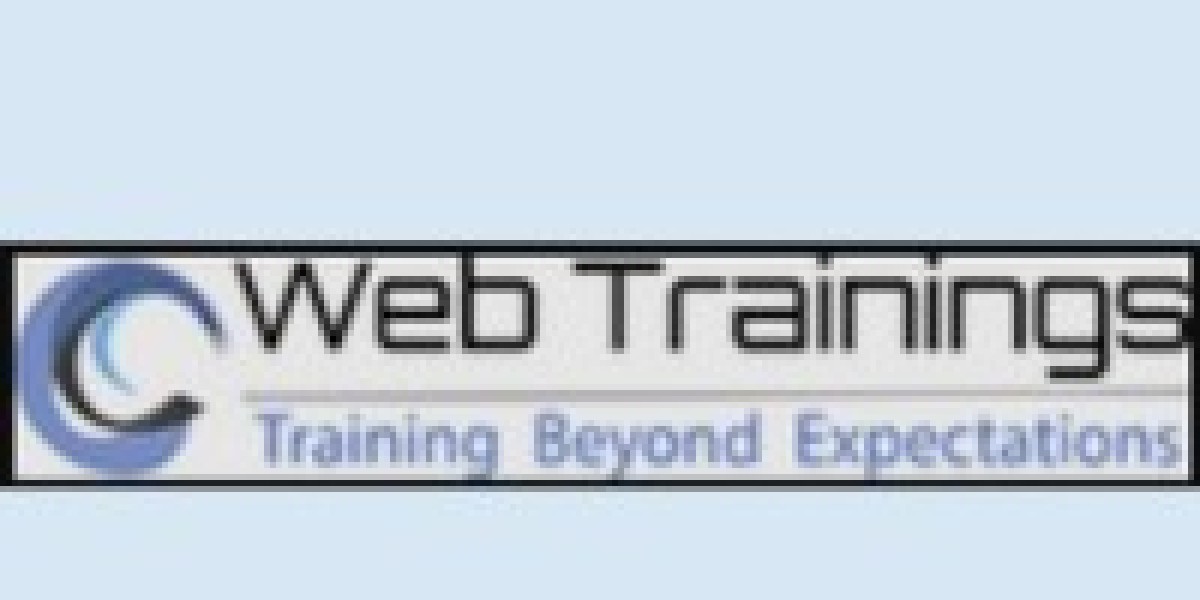In today's competitive employment landscape, professionals are constantly seeking ways to differentiate themselves from the crowd. While technical skills and industry-specific knowledge remain crucial, there's a growing recognition that human resources expertise can serve as a powerful differentiator across virtually any career path. Whether you're just starting your professional journey or looking to pivot into a new field, understanding HR fundamentals can provide you with invaluable insights into organizational behavior, employee engagement, and strategic business operations.
The modern workplace has evolved dramatically over the past decade, with companies placing greater emphasis on employee experience, diversity and inclusion, and data-driven decision making. This shift has created unprecedented opportunities for professionals who possess a solid understanding of HR principles. By investing in a Core HR Course in Mumbai, you can gain access to comprehensive training that covers these essential areas while positioning yourself as a well-rounded candidate in any industry.
Understanding the Strategic Value of HR Knowledge
Human resources is no longer just about hiring and firing – it has transformed into a strategic business function that directly impacts organizational success. Modern HR professionals are expected to understand analytics, contribute to business strategy, and drive cultural transformation initiatives. This evolution means that HR knowledge has become increasingly valuable across all departments and industries.
When you possess HR expertise, you bring a unique perspective to problem-solving that considers the human element in every business decision. This holistic approach is particularly valuable in leadership roles, where understanding employee motivation, performance management, and organizational dynamics can make the difference between success and failure. Companies are actively seeking professionals who can bridge the gap between technical expertise and people management skills.
The Core HR Course in Mumbai curriculum typically covers essential areas such as talent acquisition, performance management, compensation and benefits, employee relations, and compliance with labor laws. These topics provide a foundation that enhances your ability to work effectively with teams, understand organizational hierarchies, and contribute to strategic planning processes regardless of your primary field of expertise.
Developing Cross-Functional Competencies
One of the most significant advantages of HR knowledge is its applicability across different functions within an organization. Marketing professionals with HR understanding can better develop employer branding strategies and internal communication campaigns. Finance experts who grasp HR principles can more effectively analyze human capital investments and workforce planning initiatives. Operations managers benefit from understanding employee engagement metrics and change management processes.
This cross-functional versatility makes professionals with HR backgrounds highly attractive to employers who are looking for team members capable of wearing multiple hats. In today's lean organizational structures, the ability to contribute beyond your primary role has become a valuable asset that can accelerate career progression and open doors to leadership opportunities.
By enrolling in a Core HR Course in Mumbai, you gain exposure to real-world case studies and practical applications that demonstrate how HR principles integrate with other business functions. This comprehensive approach helps you develop the analytical and strategic thinking skills that are essential for career advancement in any field.
Building Essential Soft Skills Through HR Training
Human resources training inherently focuses on developing soft skills that are increasingly sought after by employers. Communication, empathy, conflict resolution, and negotiation skills are all fundamental components of HR education. These competencies are transferable to virtually any role and can significantly enhance your professional effectiveness.
Leadership potential is often assessed based on an individual's ability to manage people and navigate complex interpersonal dynamics. HR knowledge provides you with frameworks for understanding motivation, addressing performance issues, and creating positive work environments. These skills are particularly valuable for professionals aspiring to management positions or entrepreneurial ventures where people management is critical.
The interactive nature of a Core HR Course in Mumbai typically includes role-playing exercises, group projects, and case study discussions that help you practice these soft skills in realistic scenarios. This experiential learning approach ensures that you not only understand theoretical concepts but can also apply them effectively in professional situations.
Navigating the Modern Workplace with HR Insights
Today's workplace presents unique challenges that require an understanding of generational differences, remote work dynamics, and evolving employee expectations. HR knowledge equips you with insights into these trends and provides strategies for adapting to changing work environments. This understanding is valuable whether you're managing a team, collaborating with colleagues, or simply trying to position yourself for career growth.
The rise of remote and hybrid work models has created new demands for professionals who understand how to maintain engagement and productivity across distributed teams. HR principles provide frameworks for virtual team management, digital communication strategies, and performance measurement that are increasingly relevant across all industries.
Furthermore, the growing emphasis on workplace diversity, equity, and inclusion requires all professionals to understand these concepts and their implications. A Core HR Course in Mumbai typically covers these critical areas, helping you develop cultural competency and awareness that can enhance your professional relationships and contribute to organizational success.
Leveraging HR Knowledge for Career Transitions
For professionals considering career changes, HR knowledge can serve as a bridge between different industries and functions. The transferable skills gained through HR training can help you articulate your value proposition to potential employers in new fields. Understanding organizational behavior, change management, and employee development provides you with a universal language that transcends industry boundaries.
Many successful professionals have used HR knowledge as a springboard for entrepreneurship or consulting opportunities. The ability to understand and address human capital challenges gives you insights into organizational pain points that can be translated into business opportunities or specialized service offerings.
The comprehensive nature of a Core HR Course in Mumbai provides exposure to various HR specializations, helping you identify areas of particular interest or aptitude that could inform future career decisions. Whether you're drawn to recruitment, training and development, compensation analysis, or organizational design, HR education provides a foundation for exploring these specialized areas.
Measuring Return on Investment in HR Education
The decision to invest in HR education should be evaluated from both immediate and long-term perspectives. In the short term, HR knowledge can enhance your current role performance and make you a more valuable team member. Long-term benefits include expanded career options, increased earning potential, and enhanced leadership capabilities.
Industry data consistently shows that professionals with HR credentials command higher salaries and have access to more diverse career opportunities. The strategic nature of modern HR roles means that HR professionals are often considered for executive positions and cross-functional leadership roles that might not be available to specialists in other fields.








